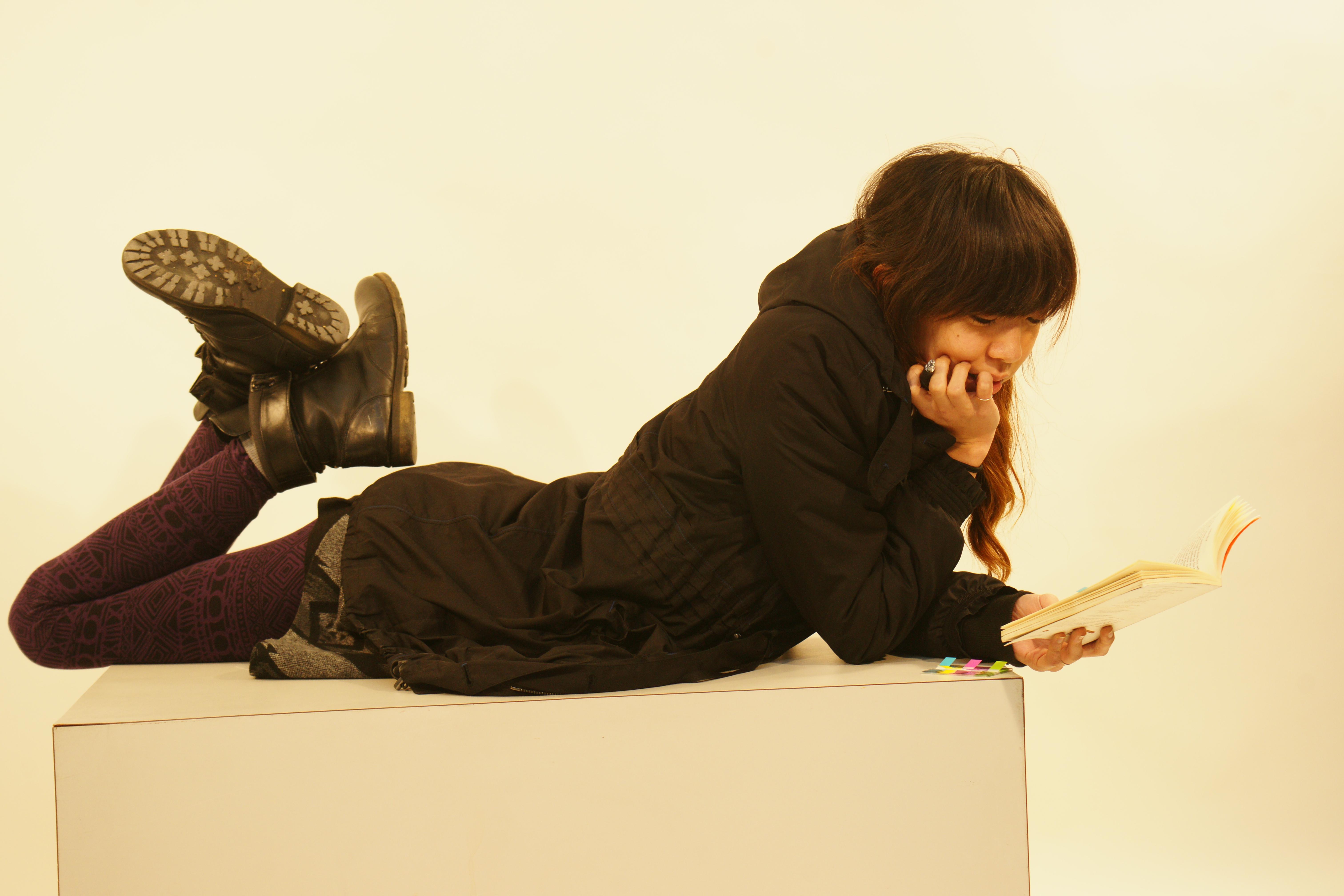Getting to the bottom of the ugly sweater fad: Students discuss thrifting and elitism in hipster culture

Speak Out Loud held a discussion on Nov. 14 in the Student Diversity House titled “Popping Tags.” The name of the event was borrowed from the infamous Macklemore song “Thrift Shop” and was intended to ask questions about the cultural and social implications of thrift shopping, especially when “thrift” is not the ultimate goal.
Primarily, the discussion centered around “hipster culture,” which appears to be at the forefront of the poor-chic trend emerging among young adults. The trend is very dynamic and has many facets: it is cheap, there is a wealth of saved clothing from previous generations already available and recycling old clothes helps protect the environment by reducing the amount of clothes that need to be created.
However, students presented several misgivings about the idea of shopping at thrift stores for fashion and not out of need.
“I just get irritated when someone says, ‘oh look at this ugly sweater I bought at the thrift store,’” a student said. “This is why I couldn’t find any sweaters when I needed one.”
One of the central purposes of a thrift store is to supply clothes at an affordable price for people who cannot afford to shop at other places. When this opportunity is appropriated by people of a higher social status who are willing and able to pay more for thrifted clothes, it dilutes the market and makes these places both less affordable and less appealing, effectively limiting their options.
There were points of contention around the use of poor-chic fashion as a form of elitism. Shoppers who shop at thrift stores for articles to complement their outfits that are made up of more expensive clothes create an image that some students found to be dismissive of lower-class culture. This is especially apparent in communities like the University of Puget Sound, where many socioeconomic and cultural groups are represented.
“It creates an uncomfortable social environment,” one student said.
Another student suggested that poor-chic clothing could actually blur the lines between high and low economic classes, essentially making it impossible to quickly identify class by fashion features. “If I sit down next to someone in a coffee shop, there is no way for me to tell if they are rich or poor unless he says something to indicate it,” the student said.
This raises a very interesting question: is this fashion trend a tool our society is using to diminish the powerful effect visible class affectations have on normal social interactions?
This seems to be the intention of Macklemore’s “Thrift Shop”—understanding that being fashionable does not have to mean the same thing as appearing wealthy.
The takeaway is not that thrift shopping for fashion instead of frugality ought to be abandoned, but that shoppers should be aware of their intentions and the image that they present when they do decide to buy that ugly sweater: are you trying to be ironic, or do you legitimately enjoy the retro appeal?
With conscious thrifting, we can eliminate some of the social pressure of fashion and help the environment a little as well.

